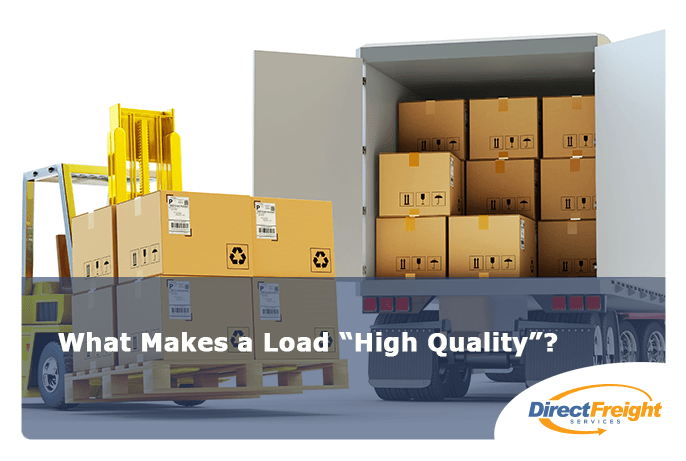These days, supply chains are more complex than ever and freight brokers are a vital piece. They are the link between shippers and carriers and do all the planning, negotiating, and tracking to ensure smooth, on-schedule delivery. It can be a fun, fast-paced career and lucrative for the right person who is willing to put in the work.
Becoming a freight broker requires a freight broker license, a bond, and more (which can be found here). One of the most crucial aspects of becoming a successful freight broker is building a well-rounded list of contacts. In the freight broker business, it’s all about the connections. The more you have, the more work you’re able to facilitate.
A freight broker is only as good as his or her contact list. Quality connections are what make a freight broker stand out from the crowd. Unreliable truckers or slow-to-pay shippers are only going to bring down the business.
Finding Leads
Finding leads isn’t difficult. They’re all around. There’s an abundance of businesses around you that need to ship supplies or goods.
- It starts with who you know. Look at where your friends and family work. Do they ship goods? Having a friend or relative at a potential lead is a good way to get your foot in the door.
- Look around you. What businesses are there in your area that may ship goods?
- Get referrals. Once you have some established clients, ask them for referrals.
- Look at your current loads. Where are they being shipped? You may be able to find companies in that city or area who have shipments coming your way. Since you’re already shipping there, you may be able to win them over with a discounted rate and eliminate some deadhead miles at the same time. Always be on the lookout for leads.
- Add a referral bonus at the end of your emails or correspondences. What would a new customer be worth to you? $100? $500? Be sure to include a disclaimer that the referral must lead to a paying customer.
- Use the internet. Resources like Produce Market Guide, Marketnews.usda.gov, and even the Yellow Pages are good places to look.
When on the hunt for leads, be persistent. Some businesses rarely ship freight and others may be hitting a slow period. Don’t give up! Once you have clients, foster those relationships. Learn details about their business and ask about the family. If you take the time to get to know and build a relationship with a contact, they’ll be more likely to continue giving you work and refer you to others.
Being the New Guy (or Gal)
One obstacle of first starting out in the freight broker business is that nobody wants to work with a newbie. You could have years of experience in the trucking industry under your belt, you’ll still be the rookie freight broker when you first start. If you’ve only got a carrier or two in your contacts, you’ll be at a disadvantage. A freight broker needs to move fast and potential clients won’t want to wait around until you find someone reliable to ship to an area of the country where you have no drivers. This is where a good load board comes in.
By using a load board, rookie freight brokers can build their connections quickly. For shippers with loads to ship and carriers with drivers to drive, a load board can fill out missing coverage areas fast. Direct Freight Services’ load board is a complete tool allowing freight brokers to build up reliable and ready to go contacts. Direct Freight has credit reports and scores as well as information on how long it takes a shipper to pay, so you can make the right choice when building your list of reliable contacts. Direct Freight’s easy-to-use load board allows you to find both trucks and carriers to fill your growing contacts list. Its mile calculators, fuel price data, weather information, alerts, and organizational features make it the perfect assistant for your blossoming brokerage.
If you’d like to see what Direct Freight Services can do for you, call (888)894-4198 or go to https://www.directfreight.com/home/ to sign up. You’ll wonder why you didn’t check us out sooner!
Sources:
https://www.producemarketguide.com










